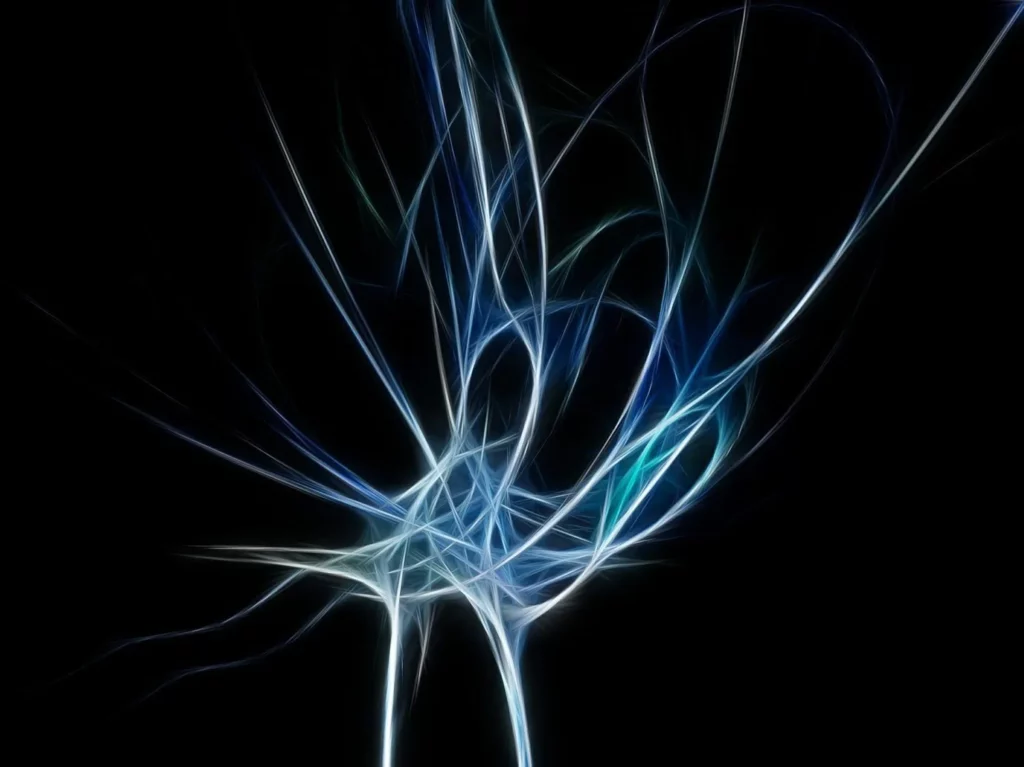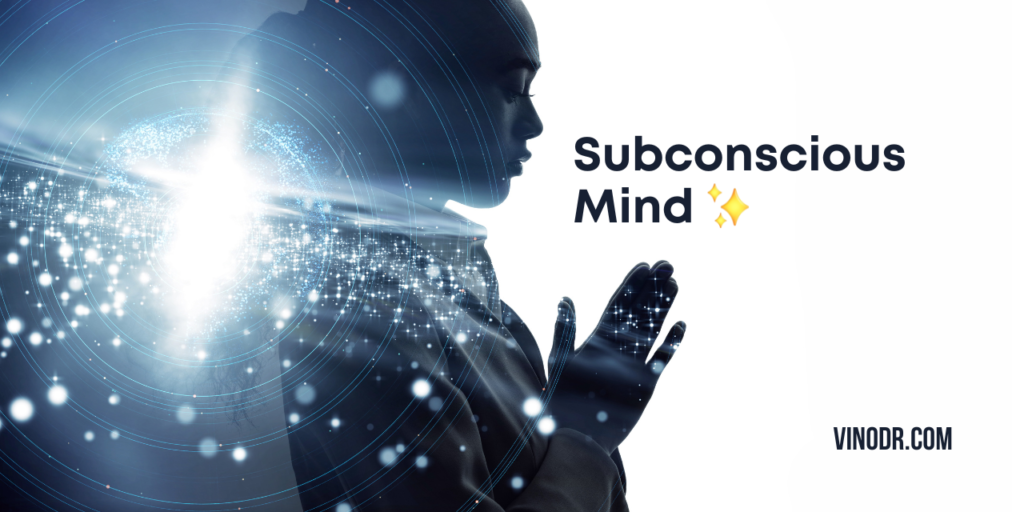Understanding Love
Is love blind?
What is Love?
Love is a complex and multi-dimensional emotion that can be difficult to define. It can manifest in a variety of ways, including romantic love, familial love, platonic love, and self-love.
At its core, love often involves strong feelings of affection, attachment, and a desire to be close to another person. It can also involve a willingness to prioritize someone else’s needs and happiness above your own, and a commitment to supporting and caring for that person.
People describe love as a feeling of warmth, happiness, and joy that they experience when they are with the person they love. It can also involve a deep sense of connection and intimacy, and a feeling of completeness or wholeness when you are with that person.
Love can take time to develop, and can be influenced by a variety of factors, including personal experiences, cultural norms, and societal expectations.
The experience of love is unique to each individual and can be shaped by their own personal beliefs, values, and experiences.
When we are in Love…♥
When we are in love, our brain and body undergo a variety of changes and experiences that can affect our emotions, thoughts, and behaviors.
Intense emotions: Being in love can lead to strong feelings of happiness, joy, and excitement, as well as feelings of vulnerability, nervousness, and anxiety.
Physical sensations: Love can also result in a range of physical sensations, such as a racing heart, sweaty palms, and a feeling of “butterflies” in the stomach.
Increased focus on the other person: People in love often find themselves thinking about the other person frequently and prioritizing their needs and desires.
A desire for physical intimacy: Love can also lead to a strong desire for physical intimacy, including kissing, hugging, and sexual activity.
A Greater sense of meaning and purpose: Being in love can often provide a greater sense of meaning and purpose in life, as well as a feeling of being connected to something larger than oneself.
Changes in brain chemistry: Studies have shown that being in love can lead to changes in brain chemistry, including increases in dopamine and oxytocin, which are associated with pleasure and bonding, respectively.
Love is Blind?
The phrase “love is blind” is often used to suggest that people in love are unable to see the flaws or negative aspects of their partner, and may overlook red flags or warning signs in the relationship.
While there is some truth to this idea, it is important to note that love is not necessarily blind in all cases. While people in love may be willing to overlook minor flaws or imperfections in their partner, this does not mean that they are completely blind to the reality of the relationship.
Healthy relationships often involve a balance of love and objectivity, where partners can recognize each other’s strengths and weaknesses and work together to address any issues or challenges that arise. It is possible to love someone deeply while also being aware of their flaws and imperfections.
It’s also important to note that the phrase “love is blind” can be harmful if it is used to justify or excuse abusive or unhealthy behaviors in a relationship. Love should never be an excuse for harmful behavior, and it’s important to prioritize our safety and well-being in any relationship.
The Biology of Love
Ha, let us dive into the biology of love.
Increased dopamine: Dopamine is a neurotransmitter that is associated with pleasure and reward. Studies have shown that when people are in love, their brain releases higher levels of dopamine, which can contribute to feelings of happiness and excitement.
Elevated oxytocin: Oxytocin is a hormone that is associated with social bonding, trust, and attachment. Studies have shown that when people are in love, their brain releases higher levels of oxytocin, which can contribute to feelings of closeness and intimacy.
Increased heart rate: When people are in love, their heart rate can increase in response to seeing or thinking about the person they love. This can be a physical manifestation of the emotional excitement and arousal that is often associated with the experience of love.
Sweating and blushing: Love can also lead to physical responses such as sweating and blushing, which are thought to be related to the body’s stress response and the release of adrenaline.
The experience of love is complex and can involve a range of biological, psychological, and social factors.
Are “You” in Love?
Knowing whether or not you are in love can be a complex and highly individualized experience. While there is no one definitive way to know for sure, there are several signs and feelings that can indicate that you may be in love with someone.
Strong emotional connection: Feeling emotionally connected to someone, with a deep sense of intimacy, trust, and vulnerability, is often a sign of being in love.
Prioritizing their needs: Feeling a strong desire to prioritize your partner’s needs, happiness, and well-being above your own can be a sign of being in love.
Physical sensations: Feeling physical sensations such as heart palpitations, butterflies in the stomach, and a feeling of warmth or tingling when you are with the other person can be a sign of being in love.
Continuous thoughts: Having continuous thoughts about the other person, daydreaming about your future together, and feeling the urge to stay in touch with them all the time.
Willingness to commit: Feeling the desire to commit to a long-term relationship with the other person, and a willingness to work through challenges and difficult times together.
Acceptance: Accepting and loving the other person’s flaws, mistakes, and imperfections.
The experience of being in love is unique to each individual and may involve a combination of these signs and feelings or others that are specific to your personal experiences and circumstances.
True Love? Do they exist?
The concept of true love is subjective and can mean different things to different people. True love is often characterized by a deep and genuine emotional connection between two people, based on mutual respect, trust, and support. It involves a sense of commitment and a willingness to work through challenges and difficulties together.
True love can involve a long-term romantic relationship, but it can also be present in other types of relationships, such as friendships or familial bonds. True love is often characterized by a deep sense of emotional intimacy, which involves vulnerability, honesty, and the ability to share one’s innermost thoughts and feelings with another person.
While true love is often depicted as a powerful and transformative force, it is important to note that it is not always easy or perfect. True love involves accepting and loving the other person for who they are. It requires patience, compromise, and a willingness to put the other person’s needs and well-being above one’s own.
Different Love’s in One Life
There are several different types of love that a person can experience in their lifetime.
Romantic love: This is the type of love that is often depicted in movies and popular culture, and is characterized by feelings of passion, attraction, and desire for a romantic partner.
Familial love: This type of love involves the strong bond and affection between family members, such as parents, siblings, and grandparents.
Platonic love: This is a type of love that exists between friends, characterized by a deep and meaningful connection that is not romantic in nature.
Self-love: This is the love that a person has for themselves, characterized by self-acceptance, self-care, and self-compassion.
Unconditional love: This is a type of love that is characterized by a deep and unwavering commitment to another person, regardless of their flaws or mistakes.
Spiritual love: This type of love is often associated with religion or spirituality, and involves a deep connection and love for a higher power or spiritual entity.
Altruistic love: This is a type of love that involves acts of kindness and compassion towards others, often without expecting anything in return.
There are many different types of love that we can experience throughout our lifetime, and each type of love can bring its own unique joy, fulfillment, and meaning to our lives.
Love & Sex – Is it the same?
Love and sex are two distinct experiences that can have different feelings associated with them. While they can be related and may often occur together in romantic relationships, they are not the same thing.
Love is an emotional and psychological experience that involves a deep connection and attachment to another person.
Sex, on the other hand, is a physical activity that involves sexual arousal, desire, and often a physical pleasure. It can be a way to express intimacy and affection with another person, but it is not necessarily a requirement for love.
While some people may experience similar feelings during love and sex, the experiences are ultimately distinct and separate. It is possible to have sex without love and to love someone without having sex with them.
Can we measure Love?
Love is an emotion, and as such, it cannot be measured in a concrete, quantitative sense. There is no universal metric or unit for measuring love, as it is a complex and multi-dimensional experience that can vary greatly from person to person.
While there is no direct way to measure love, researchers have attempted to study and understand it through various indirect methods, such as self-report questionnaires, brain imaging studies, and analysis of physiological responses to romantic stimuli.
These methods are limited and cannot provide a complete picture of the experience of love.
The experience of love is subjective and can only be understood and appreciated on an individual level, based on personal experiences, emotions, and beliefs.
I have attempted to understand love in the more practical sense of the word, not the feelings that are attached to it, which can be entirely different from person to person. We do have no control over whom we may fall in love with, but we do have control over the practical steps to be taken to make it work or not. Being in love and being loved is a feeling we all wish that stay with us till we die. So



